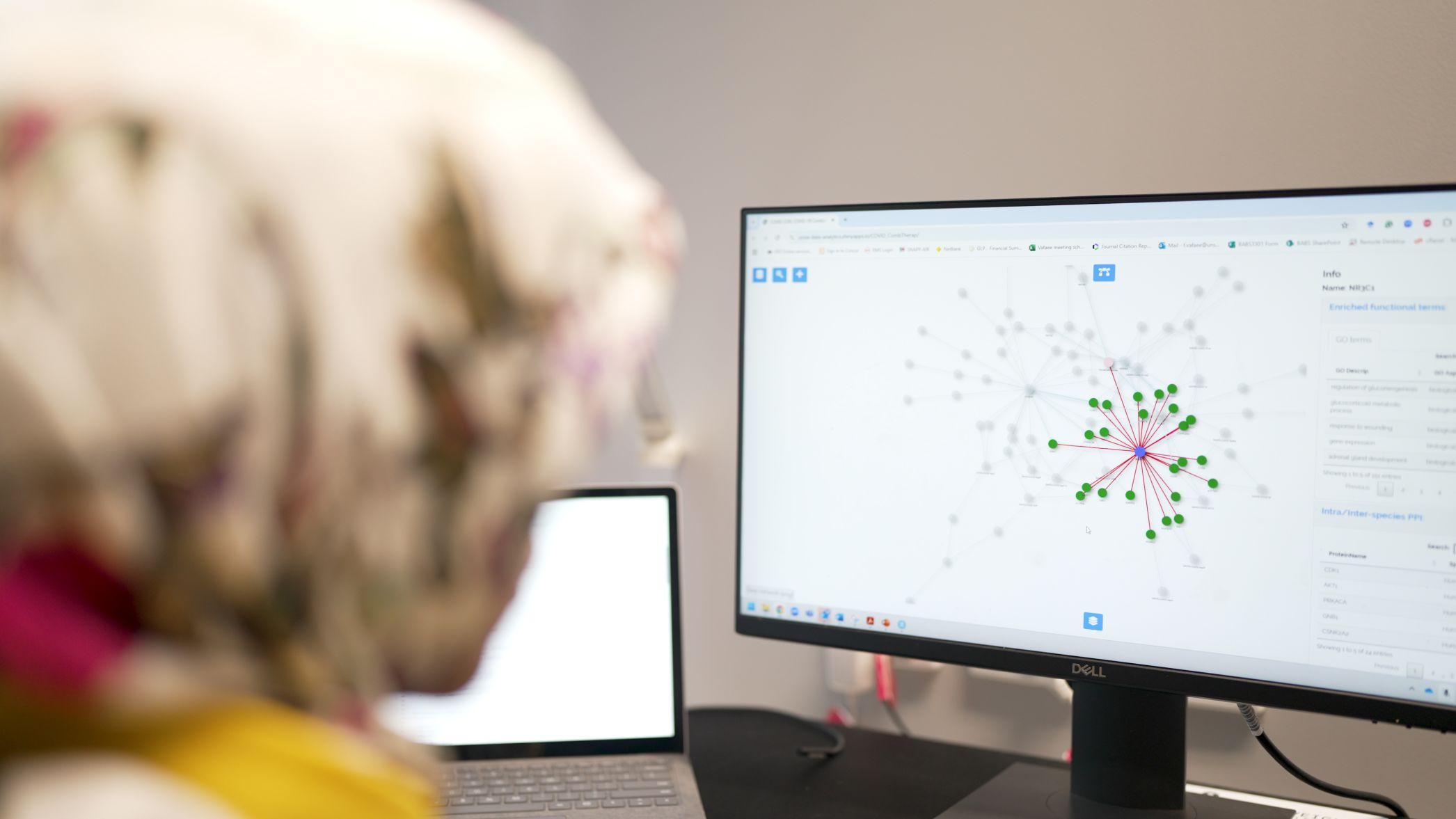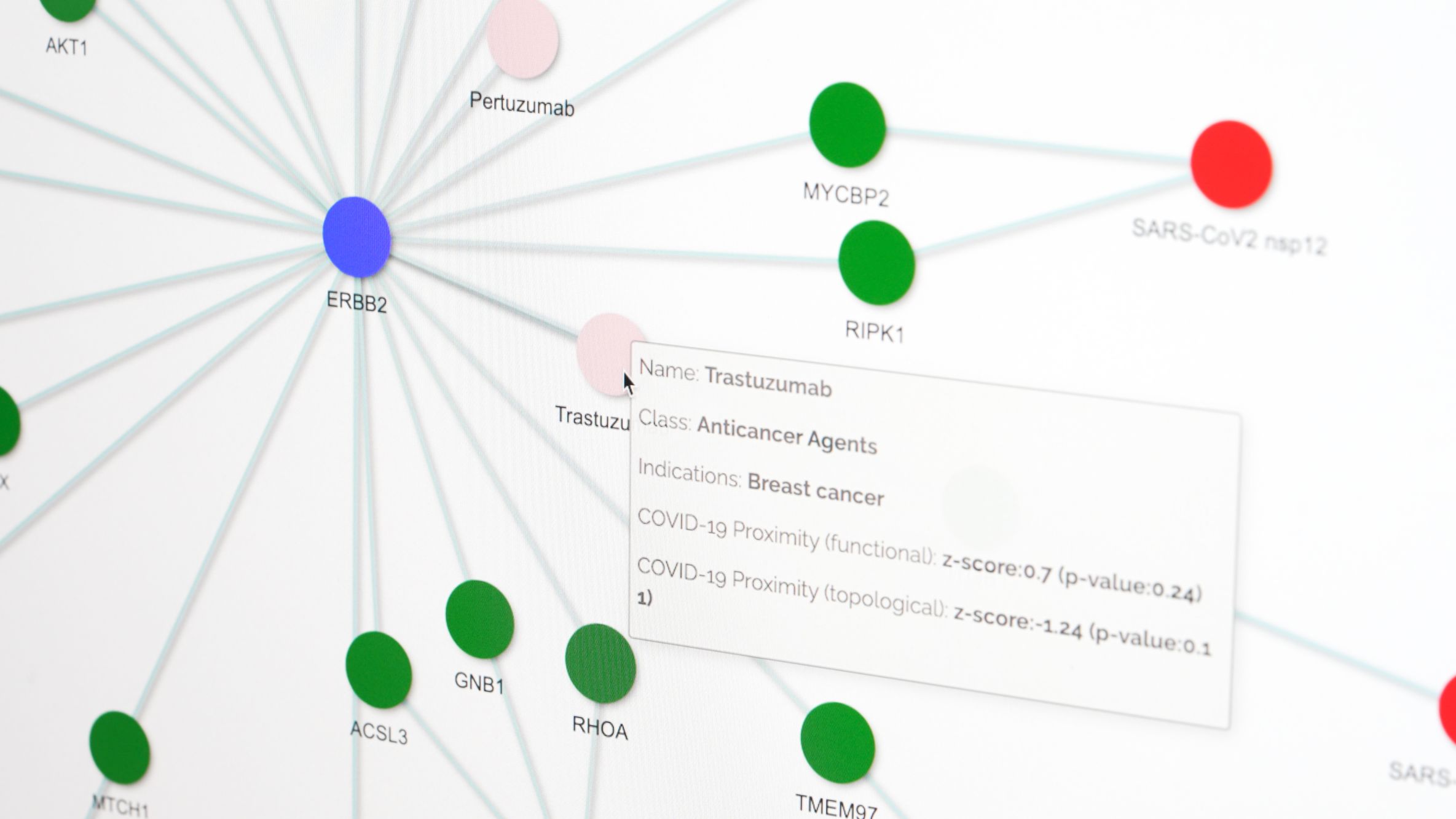
SYDNEY - Scientists have developed Australia's first artificial intelligence (AI)-powered lipid-based blood test, enabling earlier and less invasive breast cancer detection.
The test is already in clinical use in specialist clinics across Sydney and Melbourne after transitioning from research in March 2025, according to a statement from the University of New South Wales (UNSW) published by Medianet on Wednesday.
ALSO READ: Macao university hosts global research program focusing on AI, green finance
Unlike traditional imaging and biopsies, which can miss tumors and carry risks, the new AI-powered blood test detects subtle molecular signals in blood, allowing for cancer diagnosis months or even years before symptoms appear, said UNSW Associate Professor Fatemeh Vafaee.
READ MORE: NZ outlines AI strategy to boost economy, cultural challenges to be addressed
AI drives the breakthrough by analyzing millions of molecular markers to detect early cancer signs, according to Vafaee and her Vafaee Lab, Biomedical AI Laboratory at UNSW.

"By integrating explainable AI techniques, we ensure that the models provide not only accurate outcomes but also clinically interpretable insights, crucial for building trust and supporting decision-making in real-world healthcare settings," Vafaee said.
ALSO READ: AI enables sustainable energy transition
The lab is contributing to global efforts to make AI-driven blood tests part of standard breast cancer screening, offering a valuable new option, especially for women with dense breast tissue where traditional imaging may be less effective, said the UNSW team in collaboration with Australian biotechnology company BCAL Diagnostics.
The team is now developing multi-analyte tests that combine various biomarkers for more precise cancer detection across multiple types, including lung, liver, and brain tumors, exploring tests using other biofluids like urine and saliva, while working to integrate diverse data for a complete view of patient health, Vafaee said.


